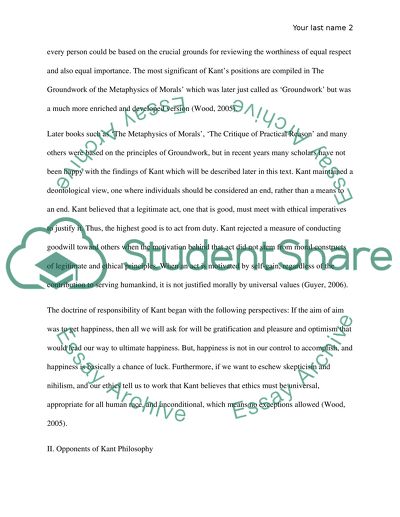Cite this document
(“Kantian Philosophy Term Paper Example | Topics and Well Written Essays - 1250 words”, n.d.)
Retrieved from https://studentshare.org/philosophy/1458735-kant
Retrieved from https://studentshare.org/philosophy/1458735-kant
(Kantian Philosophy Term Paper Example | Topics and Well Written Essays - 1250 Words)
https://studentshare.org/philosophy/1458735-kant.
https://studentshare.org/philosophy/1458735-kant.
“Kantian Philosophy Term Paper Example | Topics and Well Written Essays - 1250 Words”, n.d. https://studentshare.org/philosophy/1458735-kant.


